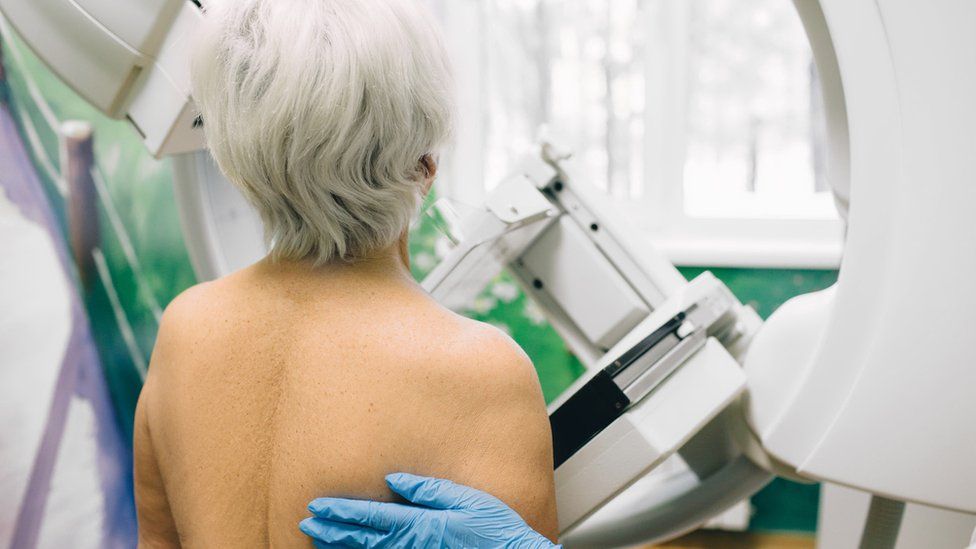-

-
-
Loading

Loading

An incidental diagnosis, where cancer is detected during the care of another condition, is common among cancer patients. This was the case for the King, who was diagnosed with cancer while receiving treatment for an enlarged prostate. According to Macmillan Cancer Support, one in five cancer cases are diagnosed incidentally when patients are being treated for unrelated issues. In the past year alone, 66,000 cancers were diagnosed through this route. However, the speed at which the King received his diagnosis and treatment is not reflective of the general public's experience. While the NHS target is for cancer treatment to begin within 62 days of suspicion, one in four patients incidentally diagnosed in England experienced longer waiting times. This waiting time has increased over the past decade. Lack of diagnostic testing equipment is cited as a major bottleneck in the system, with the NHS having far fewer scanners than countries like Germany. A survey by Macmillan and YouGov revealed that half of cancer patients were concerned about NHS pressures impacting their survival chances. Additionally, incidental diagnoses like the King's depend on the general hospital waiting list, which currently has a backlog of 7.6 million people. These individuals often wait for a long time to see a doctor or undergo tests that would then place them on the cancer waiting list. Over the past year, one in four people waited longer than six weeks for a test, while one in three spent over 18 weeks in total. This "double hit" of waiting times can add significant stress and anxiety to cancer patients' lives. Chronic staff shortages, delays, and increasing demand have strained the system, and Macmillan advocates for faster diagnosis and treatment for cancer patients.